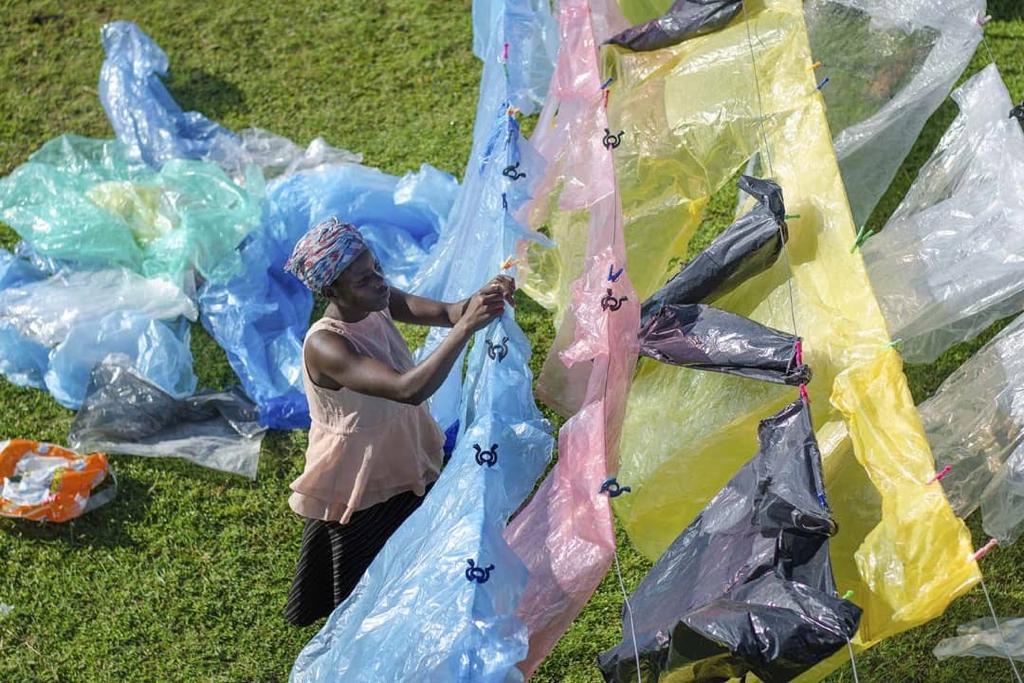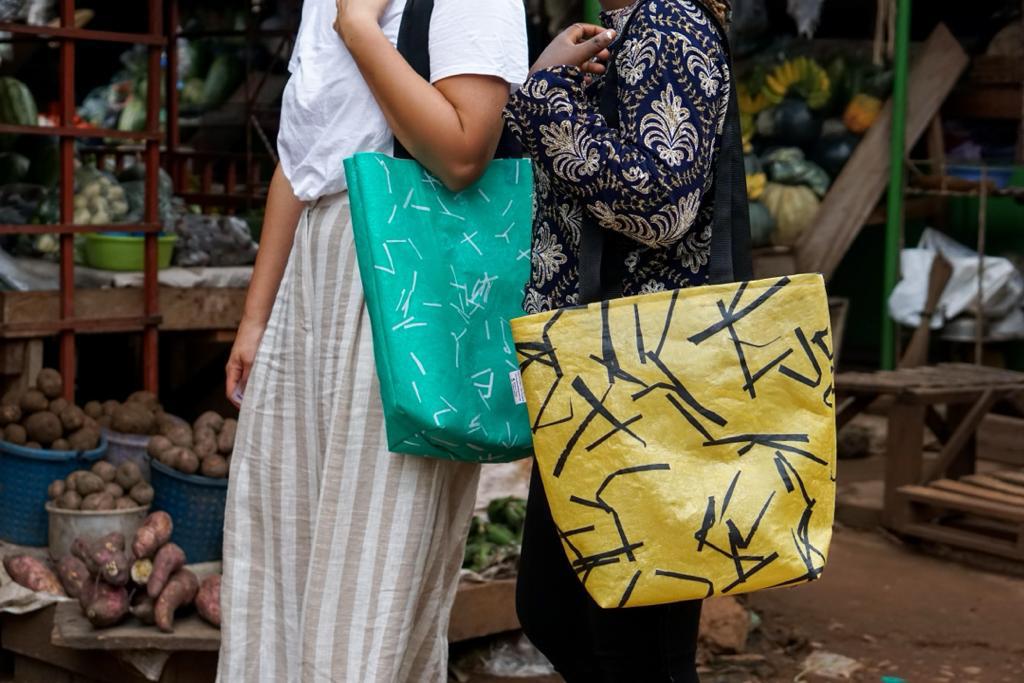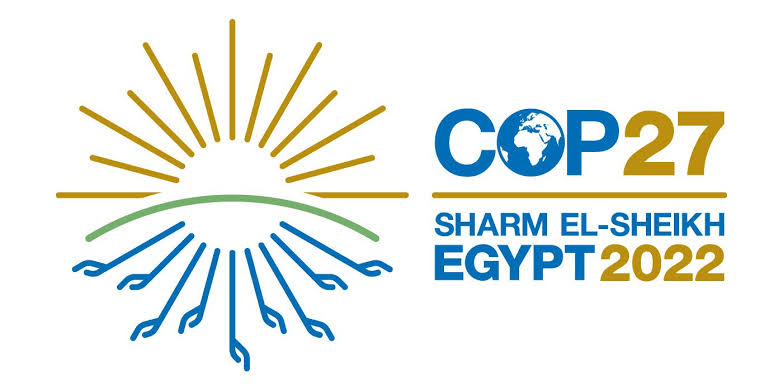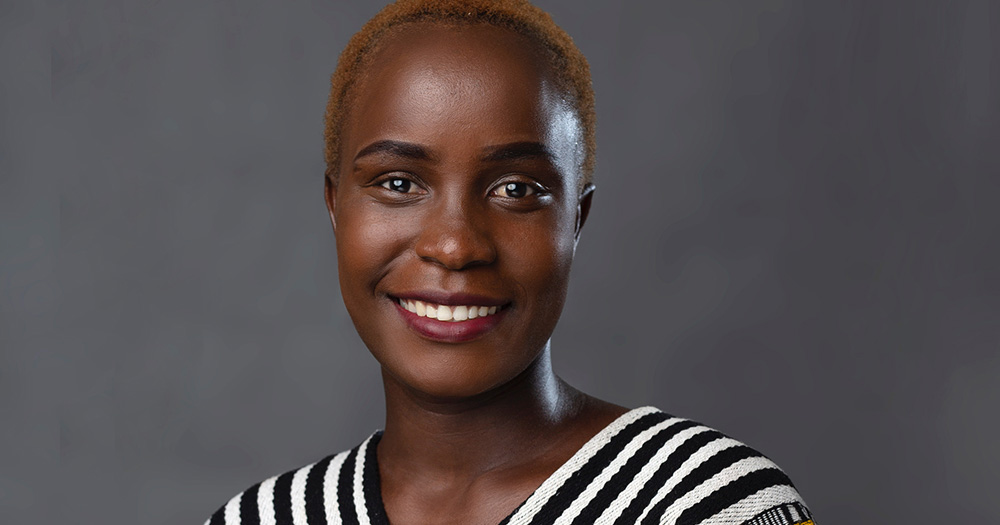In Uganda, Reform Africa aims to tackle the country’s plastic waste problem through recycling. Founded by three young women, Aweko Faith, Naluyima Shamim and Mema Rachel, the social enterprise transforms waste into sustainable bags and accessories.
One of its co-founders Aweko Faith talked to us about the organization’s work and the ongoing UN Climate Change conference (COP27) in Sharm El Sheikh Egypt.
As a child, Aweko had a reputation for being a waste hoarder, with an innate belief she could make something beautiful from the ugly mess that surrounded her home.
She says growing up in one of the slums of Kampala, Naguru Go Down, an area with one of the worst drainage in the city meant most times it would rain, the trenches would get clogged up, leading to flooding of their homes and sometimes in extreme cases, children drowning.
“I got to understand that the flooding is not caused by heavy rains, it is due to the poor waste management we have in the area.”
Plastic waste poses a major environmental and health threat in Kampala. According to Kampala Capital City Authority, over 600 tonnes of plastics are estimated to be consumed every day and at least 51% of plastic garbage in Kampala city is left uncollected while just 5% is recycled.
This has caused the clogging of sewage systems in the city, resulting in flooding and disease outbreaks. Additionally, much of the waste is openly dumped or burned contributing to worsening air quality. According to a 2018 AirVisual’s World Air Quality Report, Kampala has the second-worst air in Africa, exposing the populace to diseases such as asthma, bronchitis, and pneumonia, among others.
Aweko says she joined the Social Innovation Academy in Mpigi in 2017, where she met her co-founders. “We quickly realized that we all share the same passion for art and saving the environment.” This common passion informed their epiphany to start Reform Africa in 2018.
Initially, the social enterprise specialized in waste collection and waste management training but the trio soon realized, unlike plastic bottles, plastic bags were shunned by recyclers that argued they had no value.
“We began to research to find out what can be done with plastic kavera (polythene bags), and we found out you can fuse them to make sustainable waterproof products like rain courts and bags.”

This prompted a change of strategy, Reform Africa pivoted to recycling plastic bags into sustainable bags and accessories.
The social enterprise employs the service of women who collect waste from different parts of the country like the landfills in Kitezi where all the waste in Kampala is dumped, Mbarara, and Mpigi, among others. On average, they collect more than 800kg of plastic a month. The waste is then sorted and washed before it is turned into sustainable durable bags.
However, among the challenges the company faces, she points out, is a lack of support from most Ugandans who she says don’t see any value in waste and view climate change as a ‘white man problem.
“Yes the West contributes to most of the global pollution but the effect of climate change is now being seen in Africa. We are not an industrialized economy, most of the countries on the continent depend on agriculture. However, climate change is affecting our climate patterns from weather to rainfall, and there are a lot of flooding and landslides.
To overcome this challenge, Reform Africa carries out sensitization drives in different communities.
“We sensitize them about the dangers of plastic waste pollution and the impact it is causing in the environment because it is only one planet that we are living and there’s no planet B, so we need to have responsible consumption, recycle, reuse and refuse plastic.”

Qtn: As a young person tackling climate change, does it get better?
Aweko: Yes, it does get better because now, looking at how much plastic we are recycling, for every bag, we make it from 15 plastic bags that would have ended up in the environment and this has woken up people.
Qtn: What are your expectations and demands for COP27?
The expectations I have for COP27 is for the Western world to take accountability because it is not all about funding and financing Africa yet we are the lowest polluters. They should be responsible for their emissions because we all know most African governments are corrupt and the funds are not used to mitigate climate change but are diverted to other selfish means but if each country can be responsible for its emission and pollution, then climate change can be combatted.
Qtn: Why is it important for other young people to take part in climate solutions?
Aweko: We are the next generation, our parents aren’t going to live longer but we are here to create change for our children, grandchildren and great-grandchildren. Our parents were privileged to see a lot more nature than us but if don’t take part to create solutions then our children and grandchildren will not get to see the planet as it is now.
Written by Nila Yasmin Faisal
This article was produced as part of the ‘COP27 AFRICAN YOUTH VOICES’ serie, a collaboration between Rwanda Post, GLIM and L’Écologiste to amplify youth initiatives and voices to mark COP27, courtesy of the African Union (AU) Media Fellowship.


